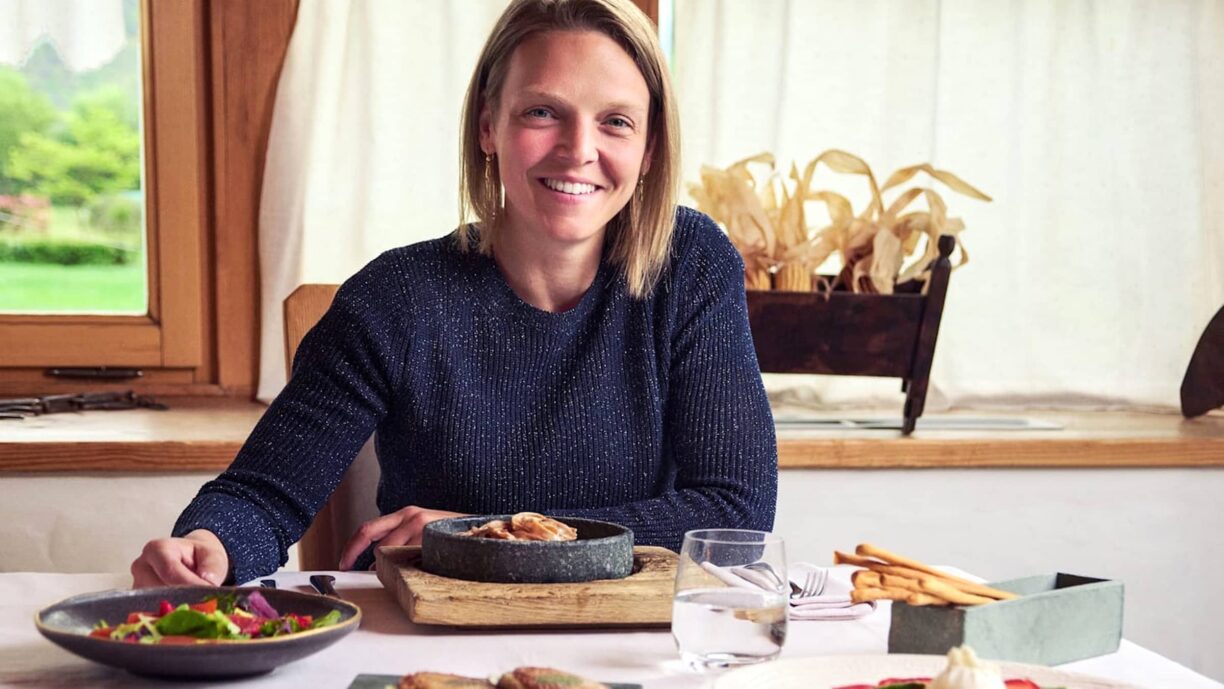In the hustle of 2024, where everyone is striving to outdo yesterday, stress is inevitably high.
Recent surveys show that 91% of adults in the UK have felt crushed by extreme stress levels.
In this whirlwind of ambition, it’s crucial to carve out restorative breaks. Experts from Mattress Online shed light some light on this on discovering and maintaining your “sleep window” to enhance well-being and foster a healthier routine.
What is a Sleep Window?
A sleep window is that golden timeframe suited for you to drift off and enjoy rejuvenating sleep.
Tailored to individual lifestyles, this concept promotes a stable sleep schedule crucial for overall health.
Tips for Establishing Your Sleep Window
- Retrace Your Day: Start by determining your waking hour and count backwards by eight hours to pinpoint when you should ideally sleep. For instance, if your day begins at 7 AM, aim to be asleep by 11 PM.
- Caffeine Check: Caffeine is the rhythm of our days. Limit intake after noon to prevent it from disrupting your natural sleep cues.
- Meal Management: Eating right is key. Aim to have your last meal 2-3 hours before bedtime to avoid digestion issues and discomfort during the night.
- Tech Timeout: High screen time, especially from phones, harms sleep quality. Reduce exposure to blue light and digital content at least an hour before bedtime to calm your mind.
- Structured Day: A well-planned day alleviates evening rush, easing you into a relaxed state conducive to sleep.
- Embrace Relaxation: Incorporate calming activities in the evening like a warm bath, listening to soothing music, or a skincare routine to signal your body it’s time to wind down.
Maintaining Your Sleep Window
Clare Longstaffe, a renowned hypnotherapist, highlights the negative impact of “hustle culture,” which glorifies minimal sleep for success.
She argues that sleep isn’t a luxury but a necessity, akin to eating and drinking. Clare stresses the importance of recognizing what works for you without inducing more stress.
Clare also points out that our internal “child” often pushes us to maximize the day, which can disrupt our sleep patterns.
However, embracing a consistent sleep schedule significantly enhances productivity and well-being.
In a world that never sleeps, learning to prioritize rest through an optimised sleep window is not just beneficial—it’s essential for sustaining our health and productivity.
As we adjust our routines to accommodate these healthy practices, we not only improve our sleep quality but also our ability to thrive in our daily lives.





